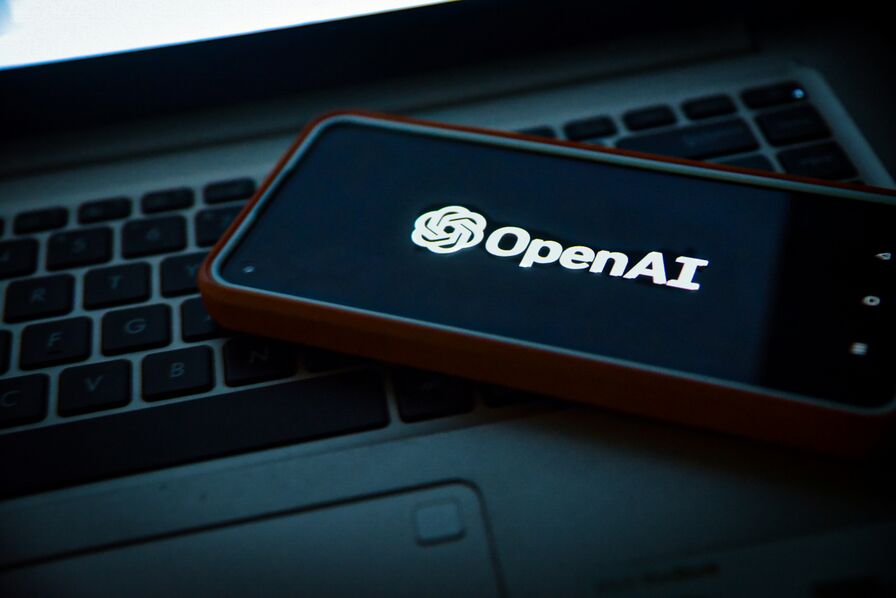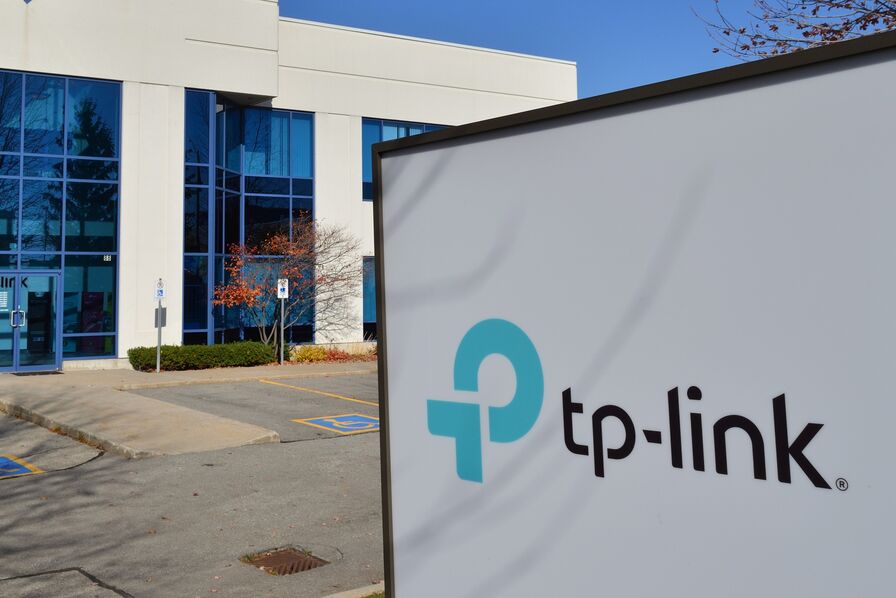
Last week, OpenAI announced a massive fundraising round – At least $6.6 billion – Increasing the company’s de facto value to $157 billion. In the process, the startup secured a new $4 billion revolving line of credit, just one day after closing this funding round. OpenAI said this borrowing facility will increase its liquidity to $10 billion. Behind these four billion are well-known companies in this sector: JPMorgan Chase, Citi, Goldman Sachs, Morgan Stanley, Santander, Wells Fargo, SMBC, UBS and HSBC.
The goal is clear: to obtain the funds necessary to acquire the infrastructure associated with the development of artificial intelligence. A startup is going through a strategic turning point in its growth: it must quickly make a structural change in order to become a profitable company and remove maximum returns for investors. Its backers are Microsoft and Nvidia At least interested in this transformation, they participated in financing in the form of convertible bonds.
Reuters reported that the company is on track to achieve revenues of $3.6 billion this year, while its total losses amount to more than $5 billion. It expects a significant increase in its sales volume next year, targeting $11.6 billion. It certainly won’t take long for the startup to embark on a new round of funding. Far from being a sign of stability, this regular recourse to investors shows another side of OpenAI: a company struggling to stay afloat with costs that continue to increase.







